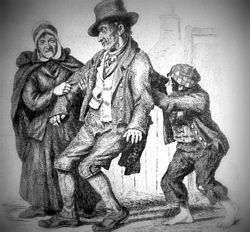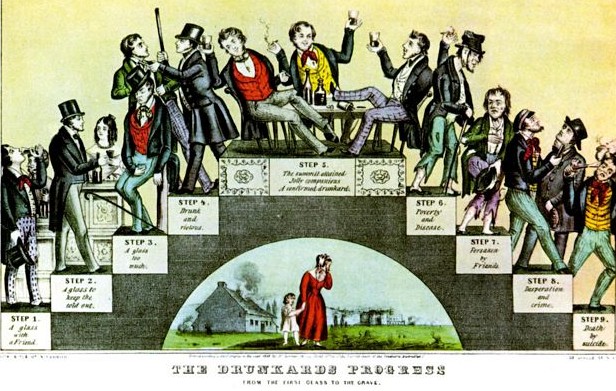 During my travels, I am asked why I don’t drink alcohol more often than I am asked why I am lacto-vegetarian. I do not even consume food and desserts that use cooking wine or liqueur to enhance flavors.
During my travels, I am asked why I don’t drink alcohol more often than I am asked why I am lacto-vegetarian. I do not even consume food and desserts that use cooking wine or liqueur to enhance flavors.
Deep inside, my abstention from alcohol might perhaps be a subliminal sense of superiority that comes from always being in control of my senses.
Long ago, I determined that the most eloquent justification I could provide for why I am a teetotaler is by merely quoting an adaptation of the fifth precept from Pancasila, the Buddhist code of basic ethics. The fifth percept calls for practitioners to abstain from intoxicants, liquor, and drugs that confuse the mind and cause heedlessness and a lack of restraint. (To be precise, the original Buddhist texts in Pali call for abstention from three fermented drinks in vogue in ancient India.)
Health Benefits?
One assertion that I hear often is that red wine is supposed to have health benefits and that antioxidants in red wine may help prevent heart disease. Research has focused on an antioxidant called resveratrol. Studies done so far on animals—not on humans—propose that resveratrol might fight cholesterol, avoid damage to the blood vessels, and inhibit blood clots. The resveratrol in red wine comes from the skin of grapes. The higher content of resveratrol in red wine (vis-à-vis white wine) comes from a lengthier fermentation cycle involving the skin of red grapes. Therefore, my counter argument is that I gain all the associated health benefits by simply eating grapes and drinking grape juice.
Extra: “From The First Glass To The Grave”
Many people wonder, “Do I drink too much?” and consider the consequences of drinking too much alcohol. “The Drunkard’s Progress: From The First Glass To The Grave” by Nathaniel Currier is a well-known lithograph from the temperance movement of the 19th century. See more temperance posters from that era at the Pictorial Americana collection from the Library of Congress.

Buddhism encourages individuals to confront their suffering directly, whereas alcohol dulls the mind, offering temporary escape instead of true resolution.